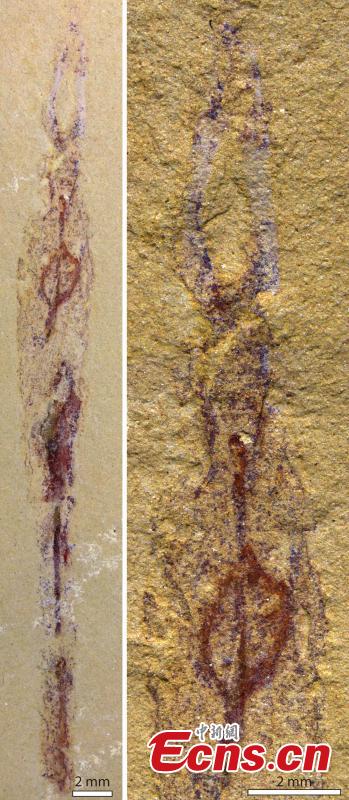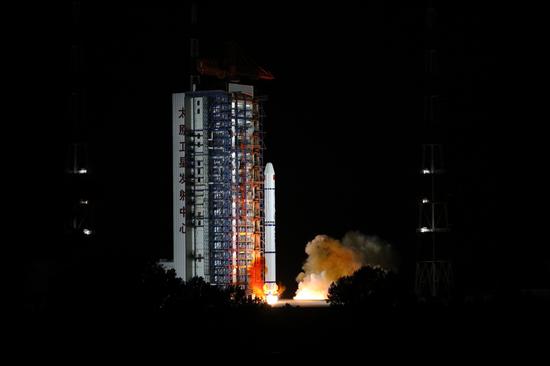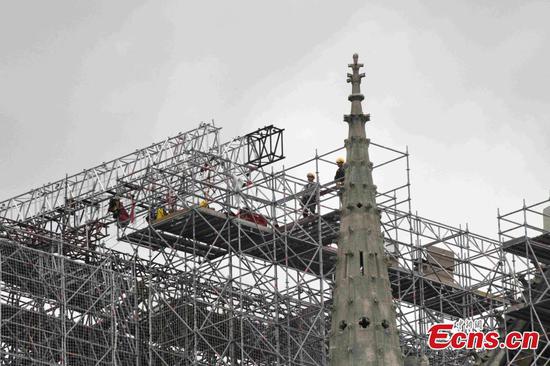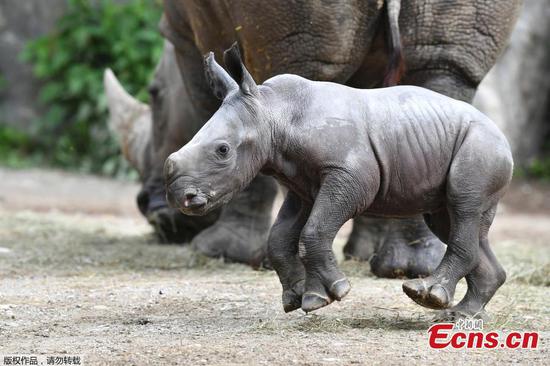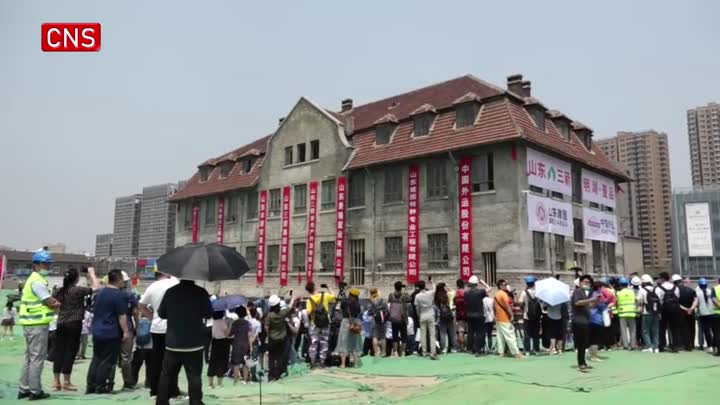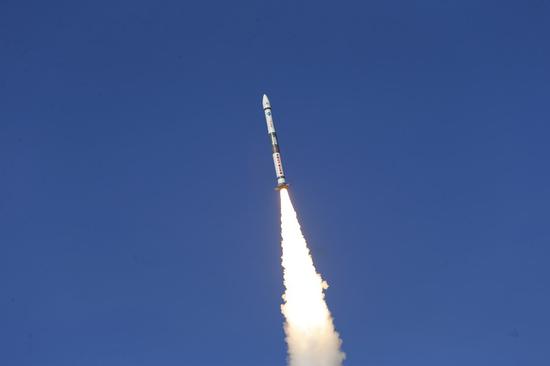
Two satellites, Xingyun-2 01 and 02, are launched by a Kuaizhou-1A (KZ-1A) carrier rocket from the Jiuquan Satellite Launch Center in northwest China, May 12, 2020. (Photo by Shan Biao/Xinhua)
Two satellites for China's space-based Internet-of-Things (IoT) project have completed phase-1 tests in orbit, sources with the China Aerospace Science and Industry Corporation said.
The satellites, Xingyun-2 01 and 02, were launched by a Kuaizhou-1A carrier rocket on May 12 from the Jiuquan Satellite Launch Center.
Engineers tested the satellite platforms, payloads, and key technologies such as inter-satellite links. The results were in line with expectations, the corporation said.
Additional in-orbit tests will be continued for the completion of the Xingyun project, China's first self-developed, space-based IoT constellation.
The project is anticipated to solve problems detected in the IoT businesses' communication blind-zone, as a result of deficient coverage of cellular wireless communication networks.
By around 2023, the Xingyun project will have completed construction of the space-based IoT constellation with 80 low-orbit communication satellites.
The Xingyun-2 01 and 02 satellites employ the technology of inter-satellite laser links, which enables the in-orbit satellites to communicate over long distances and hence upgrade the real-time performance of communication services.









